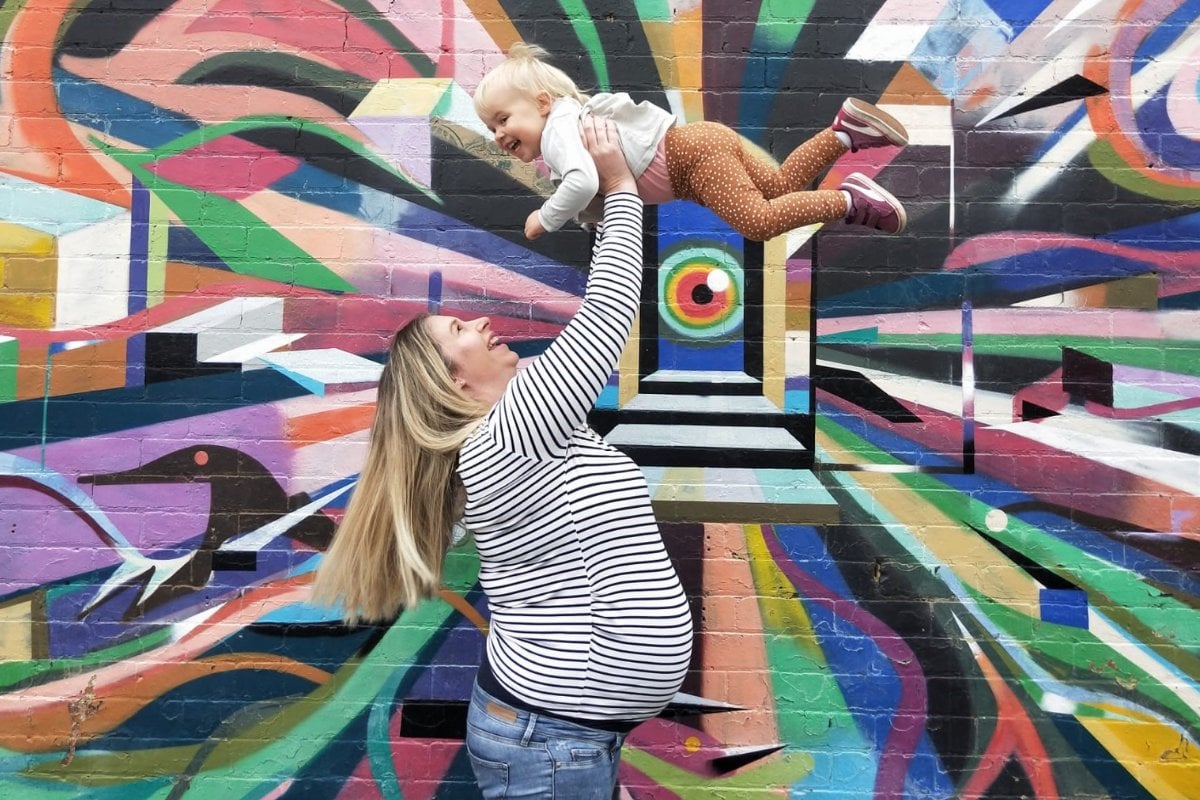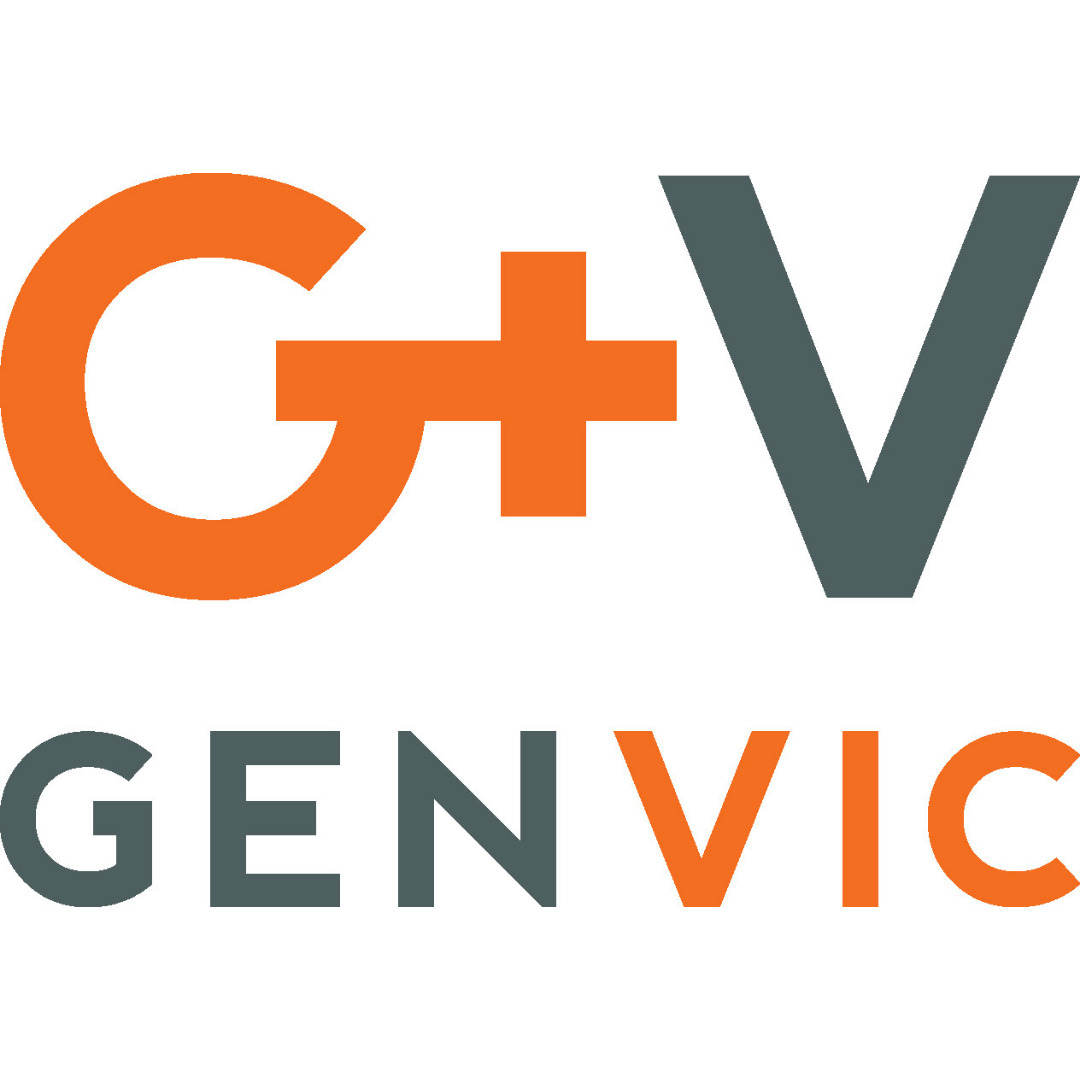

When Aimee discovered that her toddler, Abby, had contracted COVID-19 while at childcare, it came as a shock.
“Before her, I didn’t know anyone who had COVID-19,” she tells Mamamia.
Aimee also knew that chances were, it would only be a matter of time until she would receive a positive diagnosis too.
Unfortunately, she was right.
“My partner, Hugh and I contracted COVID-19 within a week from caring for Abby in isolation. It’s impossible to socially distance from a toddler!”
While the situation was hard enough she says, to add further complexity, Aimee was also 30 weeks pregnant with her second child.
Aimee was double vaccinated when she contracted COVID-19 which thankfully offered her some relief and reassurance.
This positive opinion of the COVID-19 vaccination though, was not something she always possessed; instead, Aimee was initially hesitant to have the vaccine while pregnant.
WATCH: COVID-19 Vaccines and Pregnancy. Post continues below.
“My hesitancy came from the lack of historical evidence from the vaccines. There were no pregnant people in Australia who had been vaccinated and given birth showing the babies weren’t adversely affected,” she explains.
Gender Equity Victoria (GEN VIC) is the Victorian peak body for gender equity, women’s health and the prevention of violence against women.
This apprehension is something that GEN VIC explain is quite common for women and gender diverse people because historically, “research about how medical treatments impact [these groups] are often unclear” due to gender biased testing.